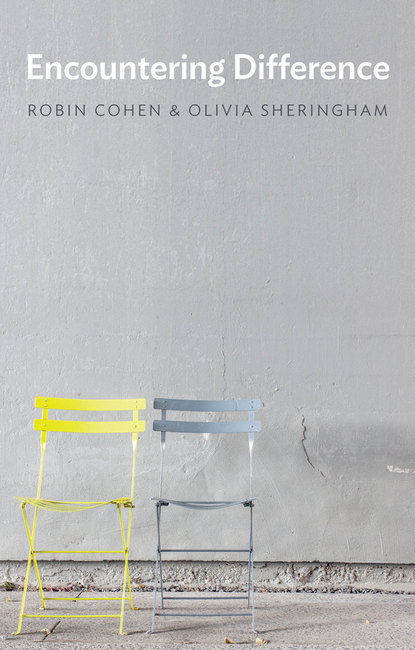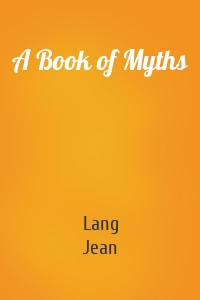
Encountering Difference скачать fb2
Robin Cohen - Encountering Difference краткое содержание
In the face of the destructive possibilities of resurgent nationalisms, unyielding ethnicities and fundamentalist religious affinities, there is hardly a more urgent task than understanding how humans can learn to live alongside one another. This fascinating book shows how people from various societies learn to live with social diversity and cultural difference, and considers how the concepts of identity formation, diaspora and creolization shed light on the processes and geographies of encounter. Robin Cohen and Olivia Sheringham reveal how early historical encounters created colonial hierarchies, but also how conflict has been creatively resisted through shared social practices in particular contact zones including islands, port cities and the ‘super-diverse’ cities formed by enhanced international migration and globalization. Drawing on research experience from across the world, including new fieldwork in Louisiana, Martinique, Mauritius and Cape Verde, their account provides a balance between rich description and insightful analysis showing, in particular, how identities emerge and merge ‘from below’. Moving seamlessly between social and political theory, history, cultural anthropology, sociology and human geography, the authors point to important new ways of understanding and living with difference, surely one of the key challenges of the twenty-first century.
Чтобы оставить свою оценку и/или комментарий, Вам нужно войти под своей учетной записью или зарегистрироваться



